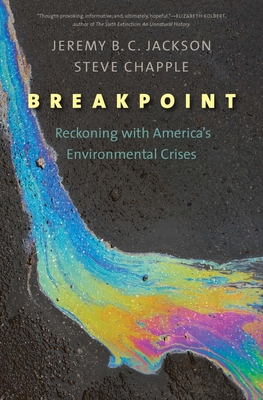Expedite your nonfiction book discovery process with Readara interviews, summaries and recommendations, Broaden your knowledge and gain insights from leading experts and scholars
In-depth, hour-long interviews with notable nonfiction authors, Gain new perspectives and ideas from the writer’s expertise and research, Valuable resource for readers and researchers
Optimize your book discovery process, Four-to eight-page summaries prepared by subject matter experts, Quickly review the book’s central messages and range of content
Books are handpicked covering a wide range of important categories and topics, Selected authors are subject experts, field professionals, or distinguished academics
Our editorial team includes books offering insights, unique views and researched-narratives in categories, Trade shows and book fairs, Book signings and in person author talks,Webinars and online events
Connect with editors and designers,Discover PR & marketing services providers, Source printers and related service providers

Breakpoint: Reckoning with America's Environmental Crises
Science > Environmental Science (see also Chemistry - Environmental)
- Yale University Press
- Hardcover
- 9780300179392
- 8.4 X 5.8 X 1.2 inches
- 1.1 pounds
- Science > Environmental Science (see also Chemistry - Environmental)
- (Single Author) Asian American
- English
Readara.com
Book Description
Eminent ecologist Jeremy B. C. Jackson and award-winning journalist Steve Chapple traveled the length of the Mississippi River interviewing farmers, fishermen, scientists, and policymakers to better understand the mounting environmental problems ravaging the United States. Along their journey, which quickly expands to California, Florida, and New York, the pair uncovered surprising and profound connections between ecological systems and environmental crises across the country. Artfully weaving together independent research and engaging storytelling, Jackson and Chapple examine the looming threats from recent hurricanes and fires, industrial agriculture, river mismanagement, extreme weather events, drought, and rising sea levels that are pushing the country toward the breaking point of ecological and economic collapse.
Yet, despite these challenges, the authors provide optimistic and practical solutions for addressing these multidimensional issues to achieve greater environmental stability, human well-being, and future economic prosperity. With a passionate call to action, they look hopefully toward emerging and achievable solutions to preserve the country's future.
Author Bio
Jeremy Jackson is the scientific director of the Global Coral Reef Monitoring Network, senior advisor on coral reefs for the International Union for the Conservation of Nature, emeritus professor at the Scripps Institution of Oceanography and emeritus staff scientist at the Smithsonian Tropical Research Institute.
He is also a Research Associate at the American Museum of Natural History. Jackson studies threats and solutions to human impacts on the environment and the ecology and evolution of tropical seas. He is a member of the United States National Academy of Sciences and the American Academy of Arts and Sciences and has won numerous international prizes and awards.
He is the author of more than 170 scientific publications and eleven books, most recently Breakpoint: Reckoning with America’s Environmental Crises and Shifting Baselines in Fisheries: Using the Past to Manage the Future.
Research Interests
I study the historical ecology and evolution of marine ecosystems and the ways that human activities have affected their biodiversity and function. I am currently working on a synthesis of my last thirty five years of paleobiological research on the evolution of Caribbean marine communities as affected by their isolation from the Pacific Ocean due to the uplift of the Isthmus of Panama, with particular emphasis on coral reefs and associated seafloor biota. Another major focus is the decline of coral reefs due to exploitation, pollution, and climate change and the potential for reef restoration. I am also working on a new book on the historical ecology of the global tropics.
Source: Smithsonian and National Academy of Sciences
Videos


Community reviews
No Community reviews

